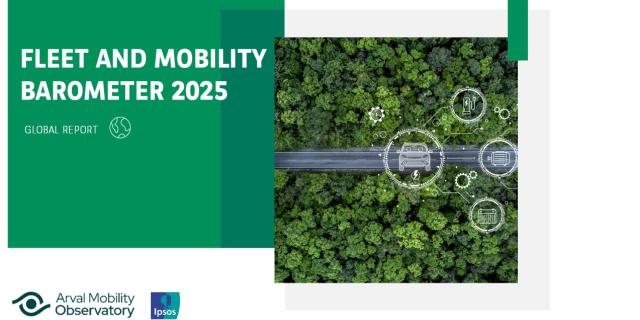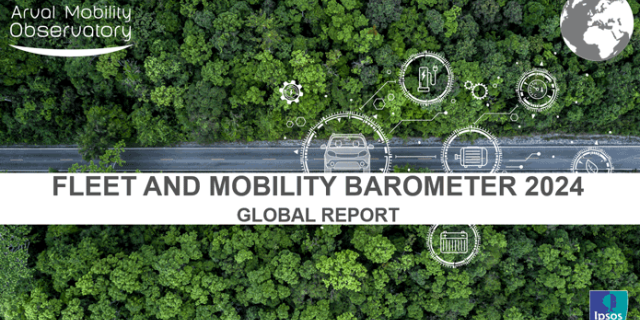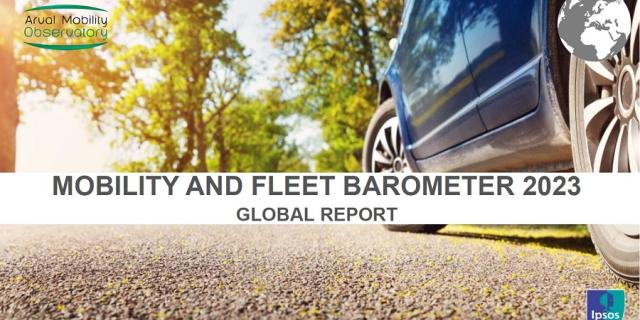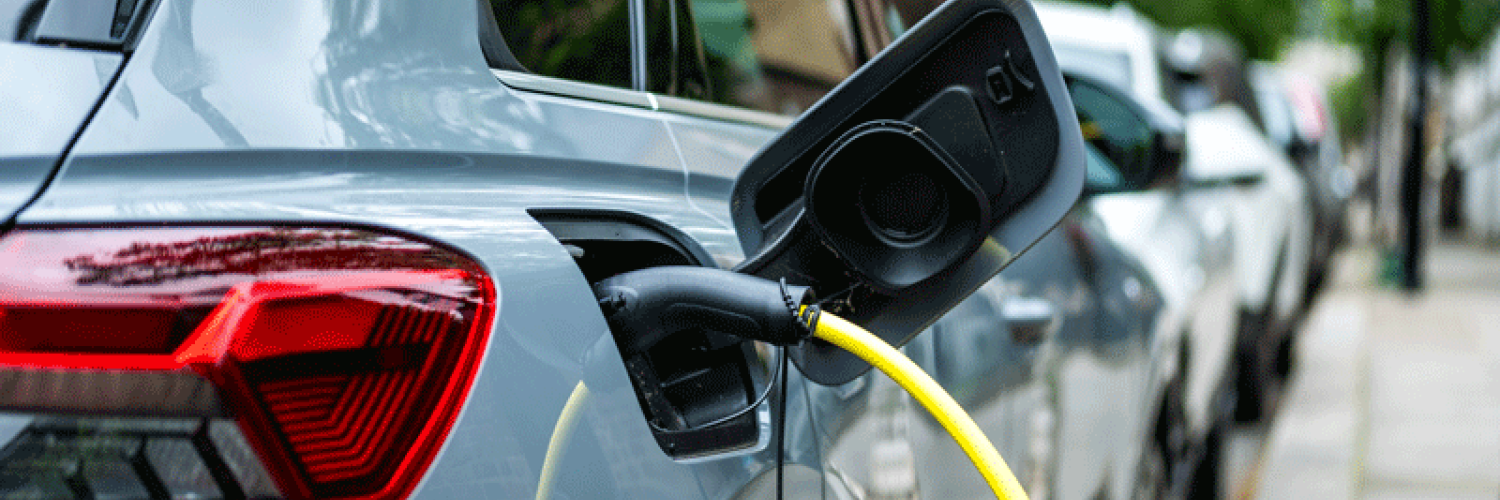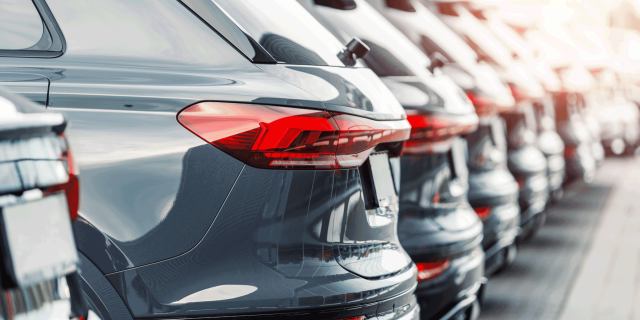3 KEY QUESTIONS ABOUT ELECTRIC VEHICLES
EVs represent probably one of the single biggest technological changes in the car and leasing industry. Many questions are being asked by Arval’s fleet customers about the practicalities of operating these new vehicles. In order to help you, our expert from Arval Consulting answers three of the most common queries.
1. Can I estimate the approximate battery range of an EV?
Range is the number one question on the minds of most people looking to adopt an EV, especially knowing how to find out how far each model is likely to be able to travel on a single charge.
The most significant factor is battery capacity. All EV batteries are measured in kilowatt hours (expressed as “kWh”) and each single kWh of battery is roughly equivalent to 6.5km of range. However, this figure changes quite significantly due to the type or size of vehicle.
To help with this, Arval Consulting introduces a simple way to get a good understanding of the official WLTP range for any EV.
For small EVs, such as the Renault Zoe, Peugeot e-208 or Opel e-Corsa, the official range will be between roughly 7 or 8 times the battery capacity. Therefore a 50kWh battery will have a WLTP range of around 350 - 400 km (220 – 250 miles).
For medium sized vehicles, this multiplier drops to roughly between 6 and 7 times the battery capacity; for example, the Volkswagen ID.3 (62kWh) has a range of 424 km range, or the Nissan Leaf, another very popular full electric medium sized vehicle, has a range of 270 km (168 miles) with the 40kWh battery and a range of 385 km (240 Miles) with the 62kWh battery.
Lastly, for large vehicles, the range multiplier drops even further to roughly between 4 and 5 times the battery capacity; for example, the Audi e-tron (71kWh) has a range of 310km (193 miles) and 380 kms with the 95kWh battery.
Similarly, the Jaguar i-Pace- with a 90kWh battery has a range of 470 km (292 miles).
As can be seen, although the average multiplier to calculate the official range is 6.5 times the battery capacity, the smaller the EV, the higher the multiplier should be to calculate the electric range and the bigger the EV, the smaller the multiplier should be.
However, it should be remembered that this multiplier helps us understand the expected WLTP range for an EV, but the real life range will then be affected by other factors such as
- The outside temperature and weather conditions
- The journey profile (city / motorway)
- The total load you are carrying (including the weight of the vehicle itself)
- Your driving style
2. How much does it cost to charge an EV at home?
The cost of charging an EV will obviously depend on the tariff you pay for electricity. The overall average electricity cost in the European Union is 0,21€ / kWh.
To work out the cost of charging your EV, just multiply its battery capacity by the kWh rate. For example, the Hyundai Ioniq EV with a 39kWh battery will cost 8,20€ for a range of around 311 km using the 0.21€ / kWh benchmark.
The cost of running this car will be approximately 0.026 € per km (8.20 € / 311 km) compared with approximately 0.088 € / km for an equivalent diesel car (assuming 7.4 l/100km fuel consumption and with a 1.20 €/l pump price). This is a -70% cost per kilometre saving in favour of EVs.
Whilst this is a fraction of the fuel cost for any petrol or diesel car, it’s also worth keeping in mind that many electricity companies have off-peak charging rates, such as overnight or weekends, which means that you could pay even less.
Across Europe, the electricity price varies quite significantly from 0.10 to 0.30 € / kWh with Denmark costing 3 times as much as Hungary.

Source: https://ec.europa.eu/eurostat/statistics-explained/index.php/Electricity_price_statistics
Referring to the previous example, in Denmark the €/km gap between the Volkswagen ID3 and the Diesel car the will be -40-%, in Spain -50% , in France and UK -60%, and in Hungary -90+% !
(Diesel pump price source: https://www.globalpetrolprices.com/)
3. How long does it take to charge an EV?
The time taken to charge an EV will depend on three factors – the speed of the charging unit, the size of the battery and the capacity of the car charger.
Charging units vary very widely. A domestic socket is the slowest option, averaging around 2.5 kW. However, typical specialist EV fast chargers installed at home, office or available through public networks, are normally rated at 7kW but some also reach 11kW or even 22kW. A few chargers, classed as rapid and ultra-rapid, are typically 50-100kW and superchargers, which are even rarer, are rated at up to 350kW.
These variables mean that the difference between the slowest and fastest chargers is quite extreme. For example, a Zoe with a 50 kWh battery and 395 Km or 245 miles range takes 37+ hours to reach 100% on a domestic socket (2.3 kWh), 8.5 hours on a normal home charger (7.4 kWh) and just less than an hour and a half on a rapid charger (50 kWh).
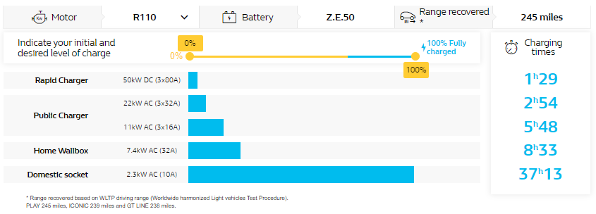
Source : https://www.renault.co.uk/electric-vehicles/zoe/battery.html
Similarly, a Jaguar iPace with a 90kWh battery and a 470km range takes a massive 40+ hours to reach 100% on a domestic supply (2.3 kWh), 12+ hours on a normal home charger (7.4 kWh) and around one hour on an ultra-rapid charger (100 kWh).
If you are considering an EV, it is worth finding out about the chargers that will be available to you and also whether you will have the option to install one at your home or workplace.
Reminder: few basic electric notions
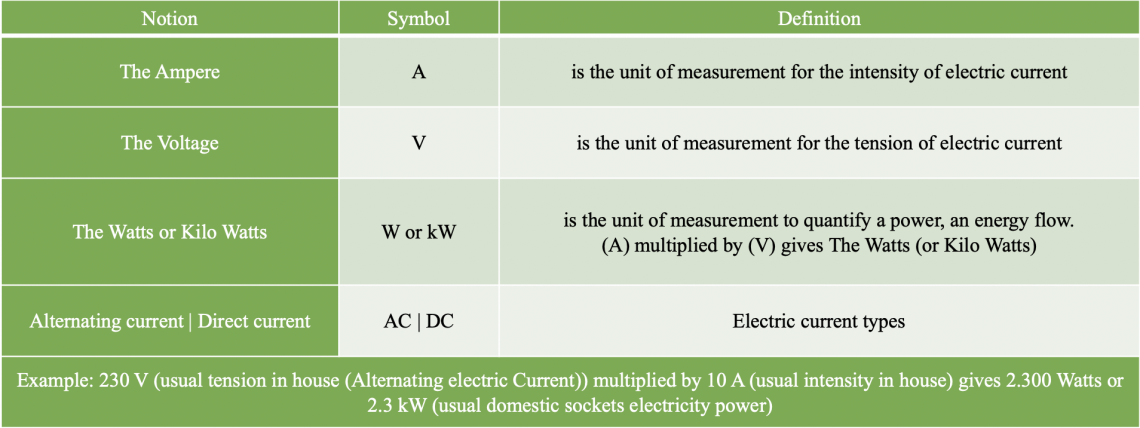
This energy flow (kWh) is an unusual notion we don’t need when refuelings combustion’ s cars as fuel pump stations provide more or less all the same fuel flow (around 0.5l/sec … it takes less than 2mn to refuel 50 L of gasoline and get around 700 Kms range autonomy).
Remember, if you have any questions at all about EV ownership, you can ask Arval Consulting, who will be pleased to help.
Just contact us: ShamsDine.ELMOUDEN@arval.com or Nicolas.MICHEL@arval.com





